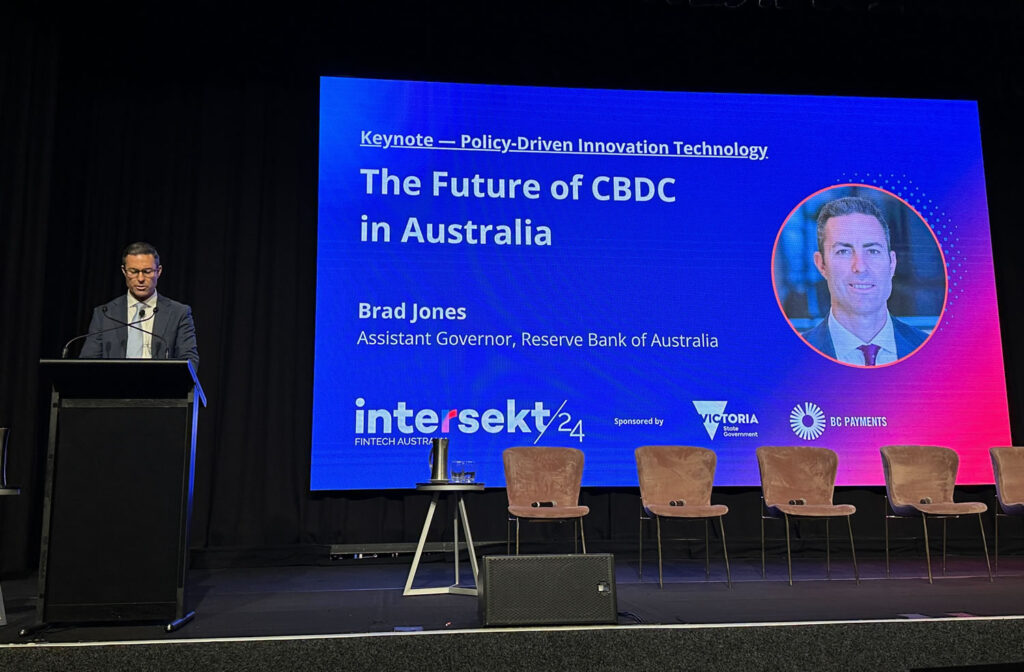The Reserve Bank of Australia (RBA) has stated that it will concentrate on introducing a wholesale CBDC and not pursue a retail CBDC anytime soon.
The possible advantages of a retail CBDC in Australia, according to Assistant Governor Brad Jones of the RBA, seem limited or unclear.
The Reserve Bank of Australia (RBA) has stated that it will concentrate on introducing a wholesale CBDC and not pursue a retail CBDC anytime soon.
During a lecture on September 18 at the Intersekt Fintech Conference in Melbourne, Assistant Governor Brad Jones of the Reserve Bank of Australia outlined the three-year plan, primarily focused on creating a wholesale CBDC.
“I can confirm that the RBA is making a strategic commitment to prioritize its work agenda on wholesale digital money and infrastructure – including wholesale CBDC – rather than retail CBDC.”
According to Jones, the RBA’s study revealed that while a wholesale CBDC would provide significant benefits to central and commercial banks, a retail CBDC offered little in the way of real innovation for public usage in Australia.
These advantages include lower counterparty and operational risks, improved liquidity and transaction capabilities, increased transparency and auditability, and lower intermediary and compliance costs.

The potential advantages of a retail CBDC, he continued, seemed “modest or uncertain” for the Australian public, as a retail version of the digital currency would present several difficulties, such as higher borrowing costs, a higher risk of bank runs, and difficulties putting the relevant monetary policy into practice.
According to Jones, the central bank’s “most immediate priority” is to open Project Acacia’s public phase to investigate tokenized commercial bank deposits and the wholesale CBDC.
With the help of regional central banks, Project Acacia seeks to expand on the central bank’s earlier studies on CBDCs and investigate potential cross-border uses.
It also intends to hold public consultations on a retail CBDC, support regulatory sandbox changes for financial innovation, and create industry and academic CBDC advisory forums.

Jones added that the RBA was researching the possible advantages of asset tokenization and the function of blockchain and innovative contract technology in the financial operations of the central bank.
“The programmability of tokens via smart contracts, and the ability to free up collateral and reduce counterparty risk by atomically exchanging money and assets on the same ledger, have been of particular interest in experimental research.”
The Atlantic Council reports that 134 nations—or 98% of the world’s GDP—are investigating digital currencies issued by central banks.
It also showed that 66 nations are in the advanced piloting, launching, developing, or exploring stages.
